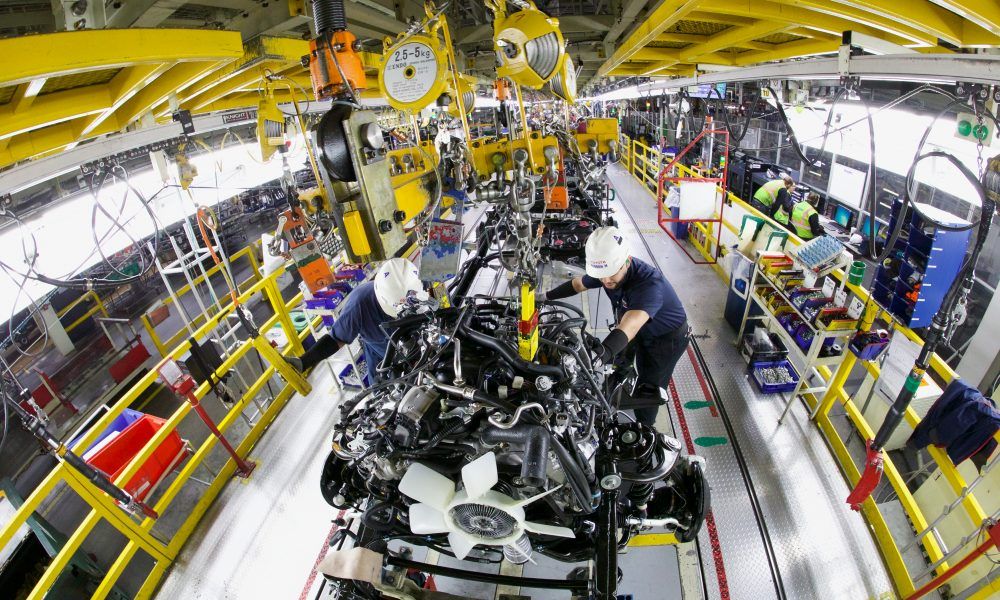Reshoring and nearshoring modalities will relocate up to 26% of world production, according to McKinsey Global Institute estimates.
Overall, UNCTAD anticipates that the pandemic will accelerate the reconfiguration of global value chains in order to achieve greater resilience or robustness, even if this implies higher operating costs.
From the perspective of the multinational companies that lead them, there are several options for this. Some do not involve geographical movements, such as maintaining larger inventories or digitizing certain processes.
Leading companies can also diversify their supplier network in terms of countries and companies, without necessarily shortening the geographical extension of the chain – for example, moving production from China to Vietnam.
Another option is to favor locations closer to the final consumer markets (nearshoring) – for example, transferring production from China to Mexico, in the case of companies that target the United States market.
Reshoring
In some cases, it may even be feasible to relocate certain segments of the value chains; that is, bring them back to the country of origin of the company that leads the chain (reshoring).
McKinsey Global Institute projects that, in the next five years, the production of goods that represent between 16 and 26% of the value of world trade could be geographically displaced through nearshoring or reshoring.
Nearshore is a type of subcontracting or outsourcing of an activity with lower wages than in the country itself, which is relatively close in distance or time zone (or both). The client expects to benefit from one or more of the following constructions of proximity: geographical, temporal, cultural, linguistic, economic, political, or historical links.
In turn, reshoring also known as «backshoring» or «inshoring» is a relocation that has been returned to its place of origin.
The pandemic
While Covid-19 will accelerate the reconfiguration of global value chains, the specific way in which this occurs will depend on a number of factors, according to UNCTAD.
On the one hand, it is a process that depends not only on the business decisions of multinational companies, but also on political and social pressure.
Indeed, the main calls for reshoring have come from the governments of advanced countries, which wish to reduce their dependence on imports of critical products and inputs (especially from China) and guarantee higher levels of productive autonomy in the event of a new pandemic.
On the other hand, adds the perspective of UNCTAD, the reconfiguration will operate in different ways in different chains, depending on factors such as their intensity in labor or capital, the importance of proximity to suppliers or natural resources, and the expected impact on them of technological advances such as automation, digitization, and additive manufacturing.
In the United States, the relocation of companies to their country of origin (reshoring), especially from China, was an explicit objective of the Donald Trump Administration from its inception, and has been reinforced since the outbreak of the coronavirus disease (Covid -19), with the call to adopt an industrial policy that guarantees the country’s self-sufficiency in strategic sectors.
This goal is shared by the new Joe Biden Administration. It is worth mentioning that the relocation index already reached its maximum value in 2019 due to trade tensions with China, while the weight of Mexico in manufacturing imports increased markedly compared to that of Asian suppliers
![]()

